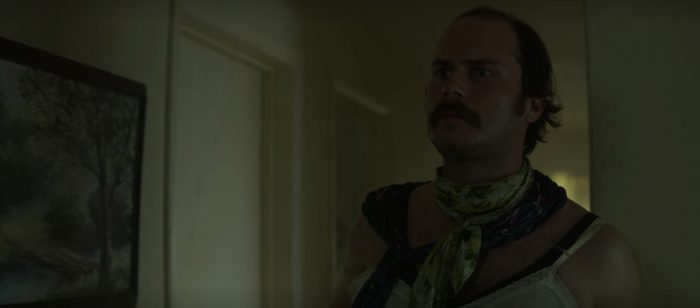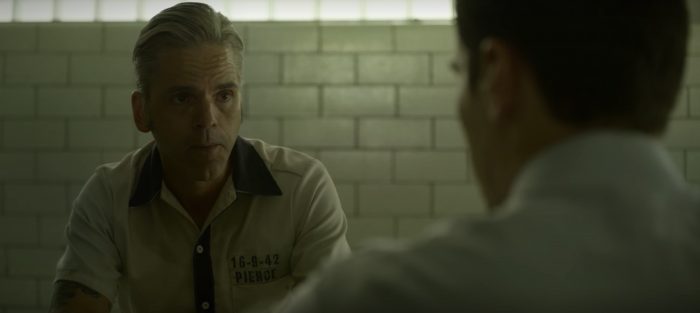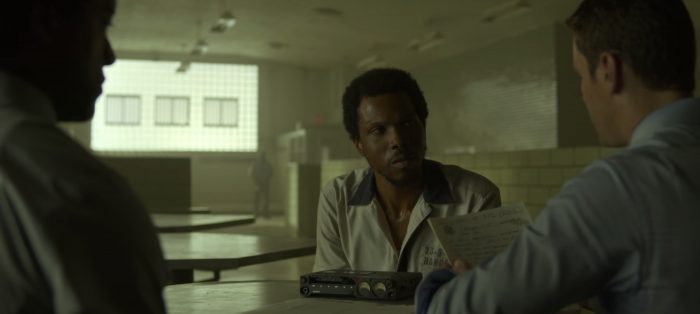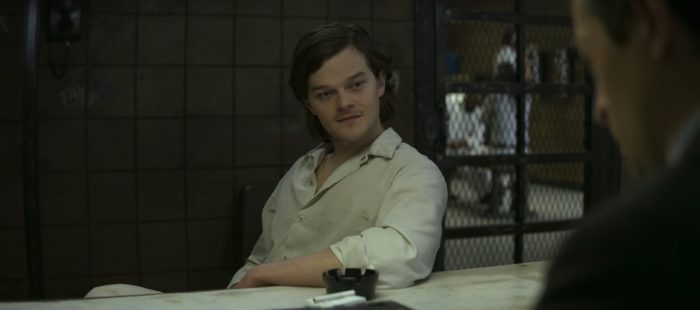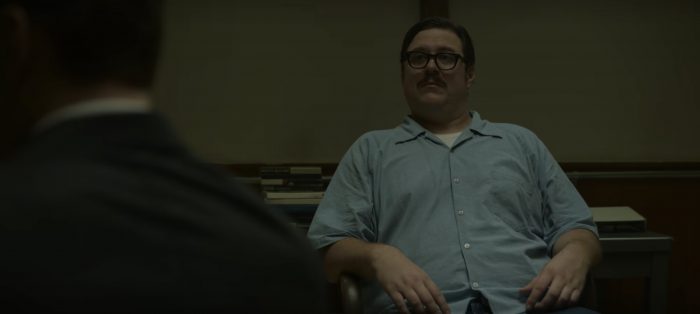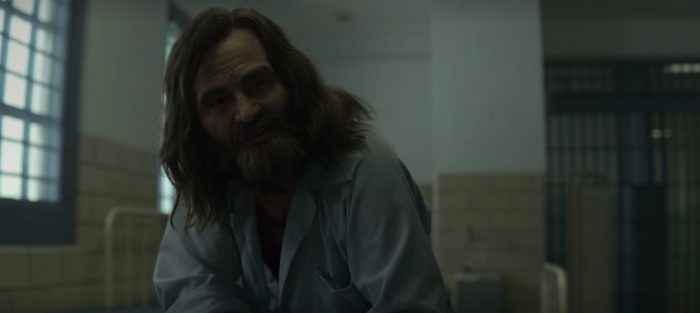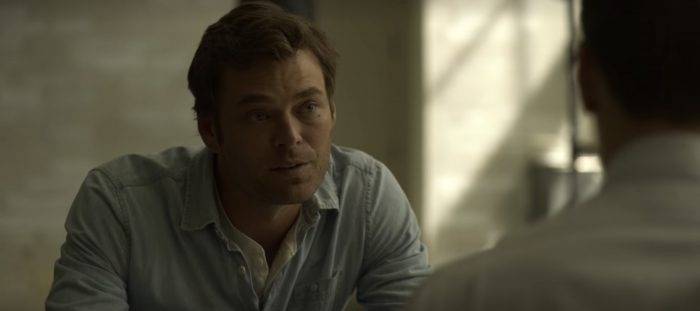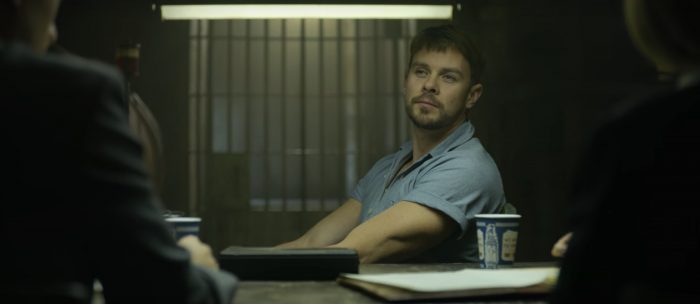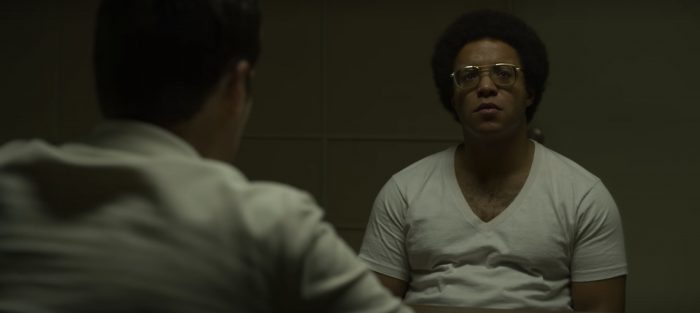A Guide To The Serial Killers Featured In 'Mindhunter' Season 2
As was the case during the first season, many real-life killers are characters in Mindhunter season 2. Some of these figures – Charles Manson, Son of Sam – will likely be well known to viewers. Others will be a bit more obscure. Below, we provide a Mindhunter season 2 guide to the nefarious killers that figure into the latest season of Netflix's acclaimed serial killer drama.
Note: this article contains spoilers for season 2 of Mindhunter, as well as details about certain real-life figures that have not been featured on the show yet.
Dennis Rader aka BTK
Mindhunter season 1 introduced viewers to Dennis Rader, aka BTK (Bind, Torture, Kill). The character wasn't explicitly named in season 1, and while season 2 doesn't reveal his real name, it does introduce the nickname BTK. As was the case in season 1, we get snippets of moments in the life of Dennis Rader as he goes about dealing with his compulsions. Rader killed between 1974 and 1991 and was finally apprehended in 2005. He killed 10 people. He's currently serving 10 consecutive life sentences.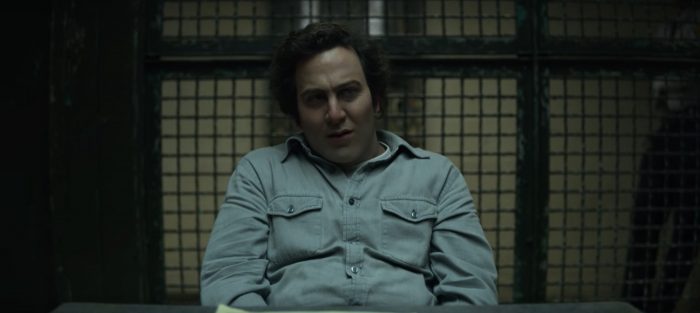
David Berkowitz aka Son of Sam
Between July of 1976 and July of 1977, David Berkowitz, aka the Son of Sam, shot and killed 6 people. Berkowitz claimed his crime spree was inspired by messages received from his neighbor's dog, but as Mindhunter points out, this claim was more than likely a complete fabrication on Berkowitz's part. Berkowitz is currently serving six consecutive life sentences.
William "Junior" Pierce
William Pierce is one of the lesser-known killers highlighted in Mindhunter season 2. Pierce's life of crime started out with a series of burglaries and arsons. He was incarcerated for these crimes in the 1960s but was paroled in 1970. Rather than turn his life around, Pierce ended up being suspected of nine murders between 1970 and 1971. Pierce was sentenced to life in prison in 1973.
William Henry Hance
Between 1977 and 1979, William Henry Hance murdered at least four women, making him one of the rare black serial killers. Hance was a soldier who preyed on prostitutes near military bases. He was convicted of three of his killings, and not tried for the fourth. In 1994, Hance was executed via the electric chair. Hence's IQ was between 75-79 points, meaning he was intellectually disabled.
Elmer Wayne Henley
Between 1970 and 1973, Elmer Wayne Henley helped Dean Corll, aka the Candyman, abduct and murder 28 teenage boys and young men. Corll was the mastermind, relying on Henley and David Owen Brooks to help him lure in teen boys and young men as victims. Henley eventually turned on Corll, shooting him to death in 1973. Henley was sentenced to six consecutive 99-year terms in prison.
Edmund Kemper
Ed Kemper, a memorable figure from season 1, returns for a brief appearance in season 2. Between 1972 and 1973, Kemper killed 10 people. Kemper was forthcoming about his crimes and even requested the death penalty. However, since capital punishment was suspended in California (where Kemper resided), he was sentenced to eight concurrent life sentences. Since then, Kemper has waived his right to parole hearings – content to spend the rest of his days in prison.
Charles Manson
Much fanfare is made about Charles Manson in Mindhunter season 2 – and you can understand why. He's the ultimate boogeyman; the type of terrifying cult leader with deadly power over his minions. But one of the most remarkable things Mindhunter season 2 does is deflate the Manson persona. Manson is portrayed here as a rambling goon – a bullshitter who couldn't be bothered to get his hands dirty. While Manson may not have committed the murders he was associated with, he played a major part in influencing his followers to go out and shed blood. Originally sentenced to death, Manson's sentence was commuted to life with the possibility of parole. He died in prison in 2017.
Tex Watson
Charles Denton "Tex" Watson was a member of the Manson Family who took part in the Tate-LaBianca murders in 1969 that claimed the lives of Sharon Tate and others. Mindhunter underlines the fact that while Watson was heavily influenced by Manson, he also didn't rule out the possibility that he would've committed murder on his own. Like Manson, Watson was originally sentenced to death, but his penalty was commuted to life in prison.
Paul Bateson
Paul Bateson was convicted of one murder: journalist Addison Verrill. Despite this, Bateson is often classified as a serial killer – since many believe he might have been responsible for the murders of six gay men who were dismembered, stuffed into bags, and dumped into the Hudson River. Interestingly enough, Bateson had a claim to fame before his murder conviction: he was a radiological technician who had a cameo during a lengthy hospital sequence in The Exorcist. Bateson was gay, and his alleged crimes against the six other men helped inspire Exorcist director William Friedkin to make Cruising, a thriller about a homosexual serial killer. Bateson was convicted of Verrill's murder in 1979. He was eventually paroled in 2003. His current whereabouts are unknown.
Wayne Williams
The Atlanta Child Murders occupy a large chunk of Mindhunter season 2. Between 1979 and 1981, at least 30 children and young men were murdered in Atlanta, with the presumption that one person was involved in most – if not all – of the killings. Williams was apprehended in 1981 and eventually convicted of 2 of the murders. While law enforcement links him to 23 of the 30 murders total, Williams was never charged or tried for the other murders. To this day, he claims he is innocent of all charges against him.

